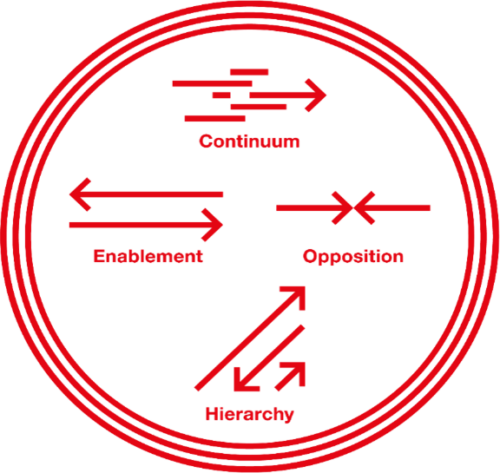Crisis Research
The current research projects of the nccr – on the move focus on the impact of public health, economic, political and environmental crises on migration, mobility, and immobility.
The eleven projects adopt an encompassing understanding of crises as particular events and structural conditions with large-scale impact. Our research promotes a reflexive approach to crisis research which bridges subjectivist and objectivist scholarly perspectives by considering both the social construction of crises, and their real causes and effects.
Moreover, the research projects of the NCCR build on the lens of the Migration-Mobility Nexus (MMN) and its interplays (continuum, enablement, opposition, and hierarchy) to study the crisis-induced shifts between migration, mobility, and immobility.
To understand the complex and potentially intertwined way in which crises interact with the Migration-Mobility Nexus, the approach of our NCCR combines a multilevel analysis:
- A focus on individual experiences, practices and agency shows how crises impact the mobility and immobility patterns of people.
- Zooming out, a focus on perceptions and attitudes helps to understand how larger social groups or stakeholders perceive migration and mobility during a crisis.
- A focus on governance reveals how crises are managed by different actors and how this impacts ways to govern populations and their movements.
Check out Working Paper #37 Crises, Migration and (Im)mobility: Towards a Reflexive and Multilevel Approach to learn more and watch this video for a summary.
The current focus on crises research started already in our second research phase (2018-2022), as some of our projects examined the implications of the COVID-19 pandemic, for instance for bordering discourses regarding migration and mobility in Europe or for the digitalization of the work of IT specialists.
The longitudinal dataset Citizenship, Migration and Mobility in a Pandemic (CMMP) further traces how governments constrained and then loosened human movement again throughout the COVID-19 pandemic. On the one hand, it tracks the restrictions to international travel implemented by 204 countries (24 January 2020 – 24 May 2021). On the other hand, it correlates policies related to border control and the regulation of internal mobility by 29 countries in Europe (1 March 2020 – 31 May 2020).
Another valuable resource the nccr – on the move offers is the publicly available CrisisMigRef database. It gathers the most relevant crisis references related to migration and (im)mobility published in English, and is constantly updated.


